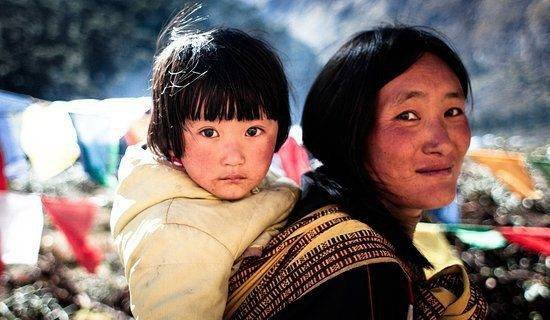With the intention of ending their traditional way of life and strengthening its grip over Indian border regions, particularly India, the Chinese government has declared plans to uproot over 100,000 Tibetans from their homes by 2030. According to the Tibet Press, this is a part of China’s strategy to aggressively build new villages in disputed border regions in order to extend or cement its control over these areas, which India, Bhutan, and Nepal insist are part of their national territory.
China plans to construct 624 border communities in contested Himalayan regions, according to a recent claim in a Hong Kong-based journal that cited a Chinese government document. This new action is a component of China’s larger strategy, which was unveiled in 2018 by the Tibet Autonomous Region (TAR) Communist Party Committee and aimed at relocating Tibetans who resided in areas of Tibet that were classified as being at or above 4,800 metres in elevation as part of its purported “very high-altitude ecological relocation plan.” There is no scientific proof that relocation will have a good influence on the environment, despite China’s claims that it was done to protect the ecosystem.
The article claims that the real motivation was to put an end to the traditional Tibetan way of life. Notably, Tibetans from these areas have been nomads for decades and have long lived “cordially with nature” in the mountains of the Tibetan Plateau. About 2 million Tibetan nomads are predicted to be displaced as a result of the forcible relocation and settlement, losing their means of subsistence and being pushed into poverty and marginalisation.
Thus, under China’s so-called “Poverty Alleviation,” “Ecological Migration,” and current “Very High Altitude Ecological Migration” plans, the Tibetans were uprooted and immediately changed to achieve Beijing’s plan to weaken Tibet’s identity and control and enforce their assimilation into the Chinese cultural and economic world. According to the relocation plan, up to 130,000 residents in the TAR’s autonomous prefectures of Shigatse (Rikaze), Nagchu, and Ngari (Ali) could be uprooted between 2018 and 2025.


